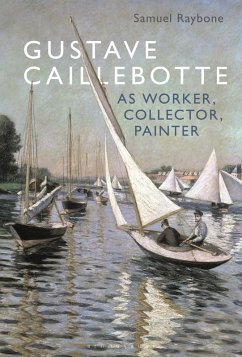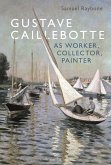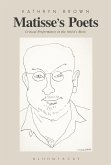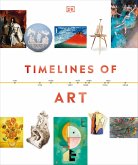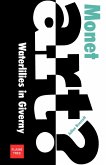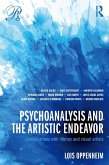Gustave Caillebotte was more than a painter: he collected and researched postage stamps; designed and built yachts; administered and participated in the sport of yachting; collected paintings; cultivated and collected rare orchids; designed and tended his gardens; and engaged in local politics. Gustave Caillebotte as Worker, Collector, Painter presents the first comprehensive account of Caillebotte's manifold activities. It presents a completely new critical interpretation of Caillebotte's broad career that highlights the singular salience of 'work', and which intersects histories and theories of visual culture, ideology, and psychoanalysis.
Where the recent art historical 'rediscovery' of Caillebotte offers multiple narratives of his identification with working men, this book goes beyond them towards excavating what his work was in its own terms. Born to an haut bourgeois milieu in which he was never completely comfortable and assailed by traumatic familial bereavements, Caillebotte adopted and adapted the ideologically normative category of work for his own purposes, deconstructing its ostensibly class-determinate parameters in order to bridge the chasm of his social alienation.
Where the recent art historical 'rediscovery' of Caillebotte offers multiple narratives of his identification with working men, this book goes beyond them towards excavating what his work was in its own terms. Born to an haut bourgeois milieu in which he was never completely comfortable and assailed by traumatic familial bereavements, Caillebotte adopted and adapted the ideologically normative category of work for his own purposes, deconstructing its ostensibly class-determinate parameters in order to bridge the chasm of his social alienation.

